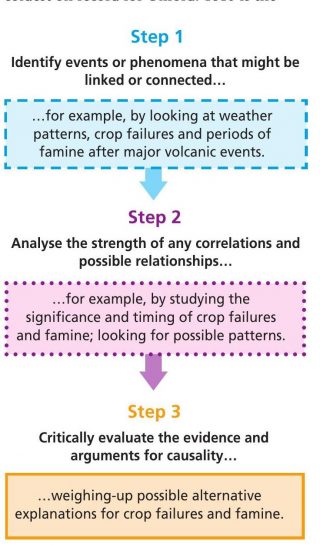
As the global population continues to grow, so does the demand for food production. This has led to an increase in the area of land used for agriculture. Food production can take the form of arable farming — growing crops — or pastoral farming — rearing cattle and other animals.
Agriculture can have an impact on both the quantity and quality of water in local waterways. This in turn can affect the value of these waterways for water resources, and can have an impact on aquatic ecology. The nature of these impacts depends on environmental factors, such as climate and soil type, but also on anthropogenic factors related to how the land is managed. This Water and Carbon Update reviews some common agricultural practices, and their impacts on hydrological systems.
Your organisation does not have access to this article.
Sign up today to give your students the edge they need to achieve their best grades with subject expertise
Subscribe




